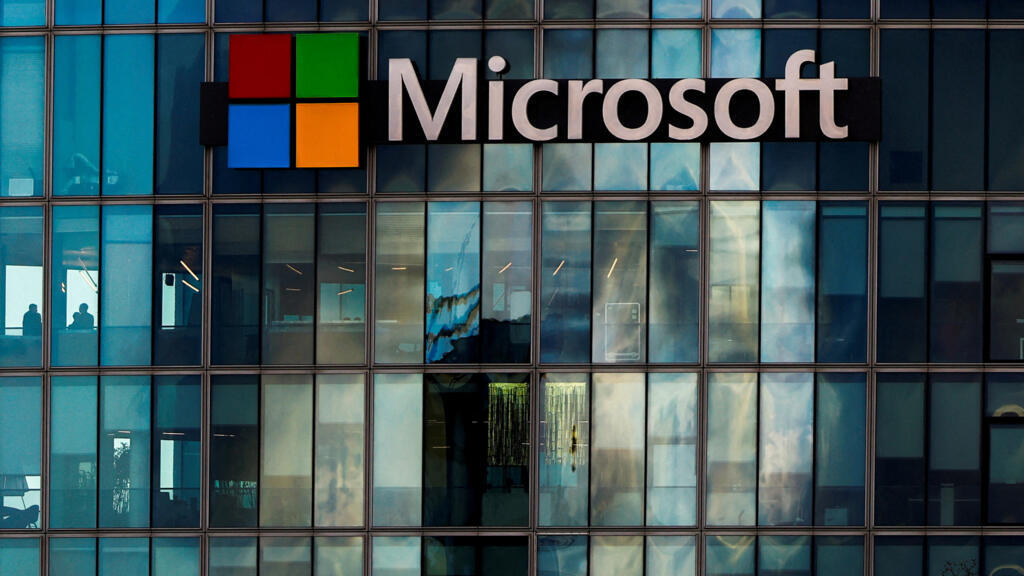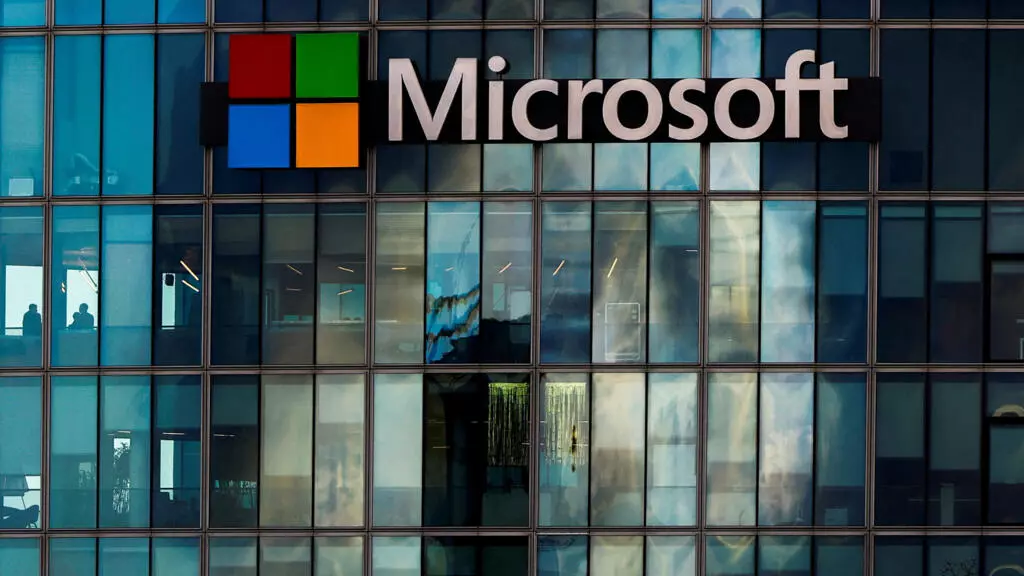Starting October 14, 2025, Microsoft, the American tech giant, will no longer provide automatic updates for Windows 10. This second-to-last version of its operating system still runs hundreds of millions of computers worldwide. This decision could have a significant financial impact on businesses and governments across the globe.

Initially, the announcement of the end of automatic updates for Windows 10 went largely unnoticed outside of tech circles. Yet, the stakes are high: Windows is an operating system, a set of software that runs all other programs. If a computer or smartphone were a building, the operating system would be its foundation.
For phones, the market is split between Android and Apple’s iOS, holding approximately 70% and 30% of the market share respectively. In computing, Microsoft has been the overwhelmingly dominant player since the beginning. Windows is installed on over 70% of the world’s computers. Only Apple competes with its MacBooks, while open-source software like Linux still holds a marginal share.
“Perfectly Functional Computers”
Consequently, Windows is, by necessity, the most popular operating system, and Microsoft regularly releases new versions. The latest one, released in 2021, is called Windows 11. To encourage its adoption – and promote its integrated AI tools – Microsoft announced in 2024 that it would stop updating Windows 10, the previous version, starting October 14, 2025. In other words, the company will no longer intervene when vulnerabilities that could be exploited by hackers are identified. The problem: Windows 10, released in 2015, remains the most widely used version of Windows in the world.
Microsoft does offer a free upgrade to Windows 11, but hundreds of millions of computers are not powerful enough to make the transition. “Perfectly functional computers will suddenly find themselves exposed to serious cyberattacks,” points out an expert in planned obsolescence.
“An Unsustainable Ecological Waste”
The issue doesn’t just affect individuals, but also a significant portion of the computer fleet essential for the operations of millions of businesses, schools, universities, administrations, hospitals, and public services… Initially, Microsoft offered them the option to extend Windows 10 updates via a subscription. Advocacy groups have launched a petition against this Microsoft decision, which has gathered a significant number of signatures.
This move could push individuals, administrations, and businesses to anticipate buying new computers to continue benefiting from a reliable computing environment. “A computer’s ecological footprint is highest during its manufacturing,” explains a specialist. “Sending this equipment to the landfill over a software issue is an unsustainable ecological waste.”
Under pressure, Microsoft finally agreed in late September to extend essential Windows 10 updates by one year, but only within the European Economic Area and for just one additional year.
